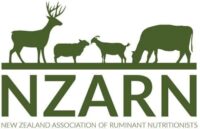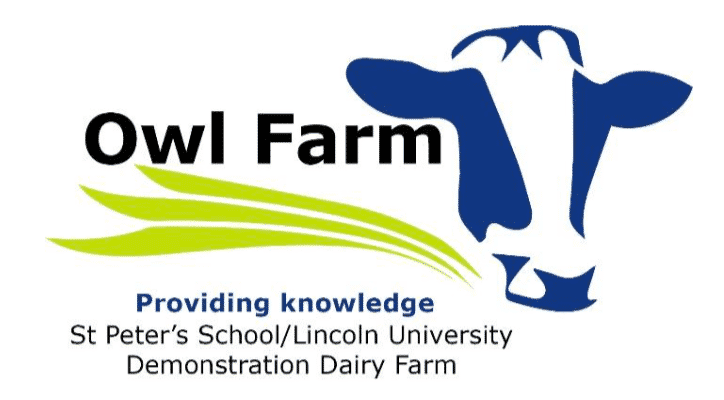Louise Cook, Owl Farm
Owl Farm is a demonstration farm which has been a joint venture between St. Peters School and Lincoln University since 2015. It hosts groups of farmers, students, children and the general public. Improved management has resulted in 10% lift in home grown feed and a 54% drop in imported feed.
Although New Zealand only produces 0.17% of global greenhouse gases (GHG), being seen to be proactive in reducing GHG is important for trade relations. Nitrous oxide emissions are influenced by efficiency of nitrogen use and methane emissions by efficiency of feed use. It is important to understand the farming business, use modelling tools and look at all aspects when making decisions.
Rather than look at just profit and environment, Owl Farm have developed a 12-14 point wagon wheel of decision making to assess performance improvements and the impact of different options, including de-intensifying vs investing in infrastructure. Total GHG emissions are lower with de-intensification, and GHG emissions per kg milk solids are lower for the increased infrastructure option. There is a linear relationship between kg of feed and methane emissions ,so lower intensity results in less total feed but higher intensity gives better feed efficiency. Including a composting barn increases GHG emissions forecast by Overseer substantially. This is due to the limited data available to include in Overseer. Planting unproductive or poor areas of land with trees can help offset carbon emissions. Looking at the big picture, lower intensification reduces money going into the wider rural community.
NZARN members a full copy of the presentation is available below if you are logged in.
Non-members looking for more information are encouraged to use our ‘contact a nutritionist’ form and ‘member directory’ to find a member who can help them answer their questions.
If you are a Rural Professional interested in joining the NZARN please see our ‘membership’ section.


